Filter by
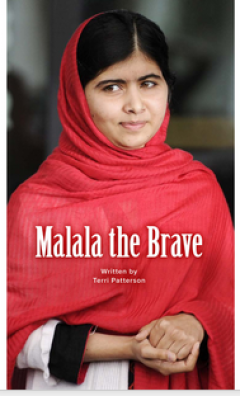
Malala the Brave
Imagine you are an eleven-year-old girl, and the people in control say you may not go to school. What would you do? Would you go anyway? Would you speak out against your treatment? Would you risk your life for an education? Malala Yousafzai did all of these things. Read the story of her incredible bravery and her work to support every child's right to an education.
- Edition
- ed. I
- Series Title
- LEVELLED BOOK . X
- Call Number
- 920 TER m
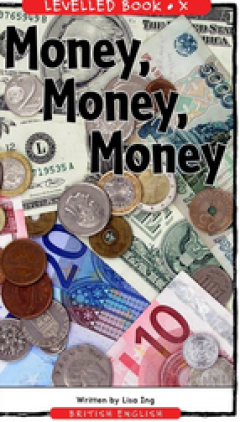
Money, Money, Money
Have you ever wondered where money comes from or who decides its value? Money, Money, Money provides students with an informative look at the development of money. The book can also be used to teach students how to identify main idea and details and to use proper nouns correctly.
- Edition
- ed. I
- Series Title
- LEVELLED BOOK . X
- Call Number
- 332 LIS m
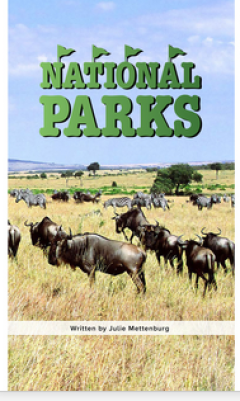
National Parks
National Parks explains the value of national parks, discusses some issues surrounding national parks, and explores the unique and interesting features of parks around the world. Students will learn about animals that live in a large grassland in Africa, and find out how plants and animals of the forest and ocean interact in a small national park in Costa Rica. Students also will read about som…
- Edition
- ed. I
- Series Title
- LEVELLED BOOK . X
- Call Number
- 912.73 JUL n
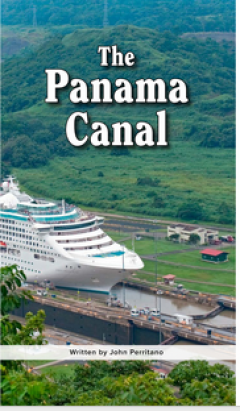
The Panama Canal
Celebrated as one of the modern wonders of the world, the Panama Canal forever changed trade and travel in the Americas. The Panama Canal provides students a look at the obstacles and triumph in completing this engineering feat. The book can also be used to teach students how to understand cause-and-effect relationships and the proper use of prepositional phrases.
- Edition
- ed. I
- Series Title
- LEVELLED BOOK . X
- Call Number
- 920 JOH t
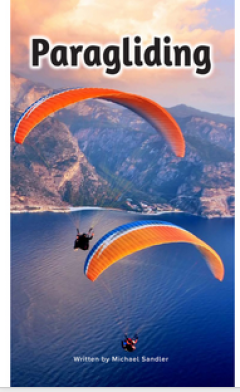
Paragliding
Throughout history, humans have worked hard to achieve flight. One way we have accomplished this goal is through paragliding. Paragliding tells readers all about this daring and adventurous sport, including who can fly, how to fly, and how to stay safe. This information will pique students' interest while also giving them the opportunity to summarize as well as identify cause-and-effect relatio…
- Edition
- ed. I
- Series Title
- LEVELLED BOOK . X
- Call Number
- 932 MIC p
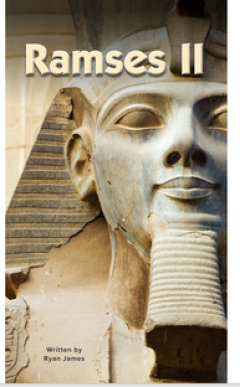
Ramses II
Born to a military commander and his wife, Ramses II never expected to be crowned pharaoh of ancient Egypt. Readers will be fascinated by his journey to becoming one of the most famous and influential leaders of the time.
- Edition
- ed. I
- Series Title
- LEVELLED BOOK . X
- Call Number
- 909.1 RYA r
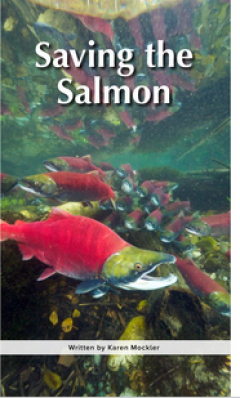
Saving the Salmon
Salmon are among the most amazing fish in the world, but they are in danger of extinction. In this book, you will learn what makes salmon unique and what is causing their endangerment, especially in the Pacific Northwest of North America. Is there a way to protect and restore salmon species? Read and find out!
- Edition
- ed. I
- Series Title
- LEVELLED BOOK . X
- Call Number
- 910.09 KAR s
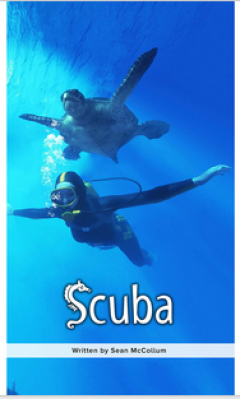
Scuba
People of all ages learn to scuba dive for many reasons. For instance, they may want to see amazing habitats, swim with beautiful marine life, or explore shipwrecks on the ocean floor. Scuba takes a look at the history of diving: the equipment, how to get certified as a scuba diver, and the effects caused by diving. The book can also be used to teach students how to identify cause-and-effect re…
- Edition
- ed. I
- Series Title
- LEVELLED BOOK . X
- Call Number
- 741.5 SEA s
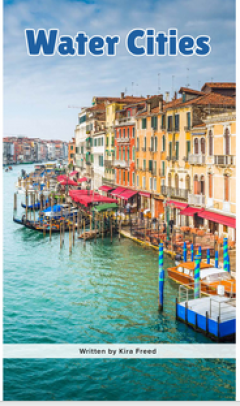
Water Cities
Many people have heard of Venice, Italy, but did you know there are other cities built on or near bodies of water, too? Water Cities is a nonfiction text that gives students more information about these fascinating cities. Engaging photographs and an interesting topic will capture students' interest in learning more about the world around them. The book can also be used to teach students how to…
- Edition
- ed. I
- Series Title
- LEVELLED BOOK . X
- Call Number
- 363.61 KIR w
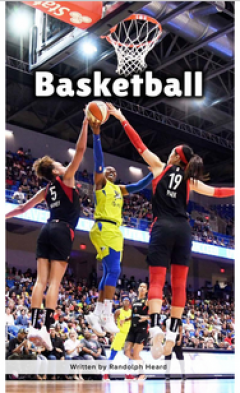
Basketball
Basketball began with a peach basket nailed to a post and has grown to become one of the world's most popular sports. Engage students with interesting information about the game, its origins, and some of its famous athletes. Exciting images, maps, and diagrams enhance the text.
- Edition
- ed. I
- Series Title
- LEVELLED BOOK . Y
- Call Number
- 796.323 RAN b
 Computer Science, Information & General Works
Computer Science, Information & General Works  Philosophy & Psychology
Philosophy & Psychology  Religion
Religion  Social Sciences
Social Sciences  Language
Language  Pure Science
Pure Science  Applied Sciences
Applied Sciences  Art & Recreation
Art & Recreation  Literature
Literature  History & Geography
History & Geography